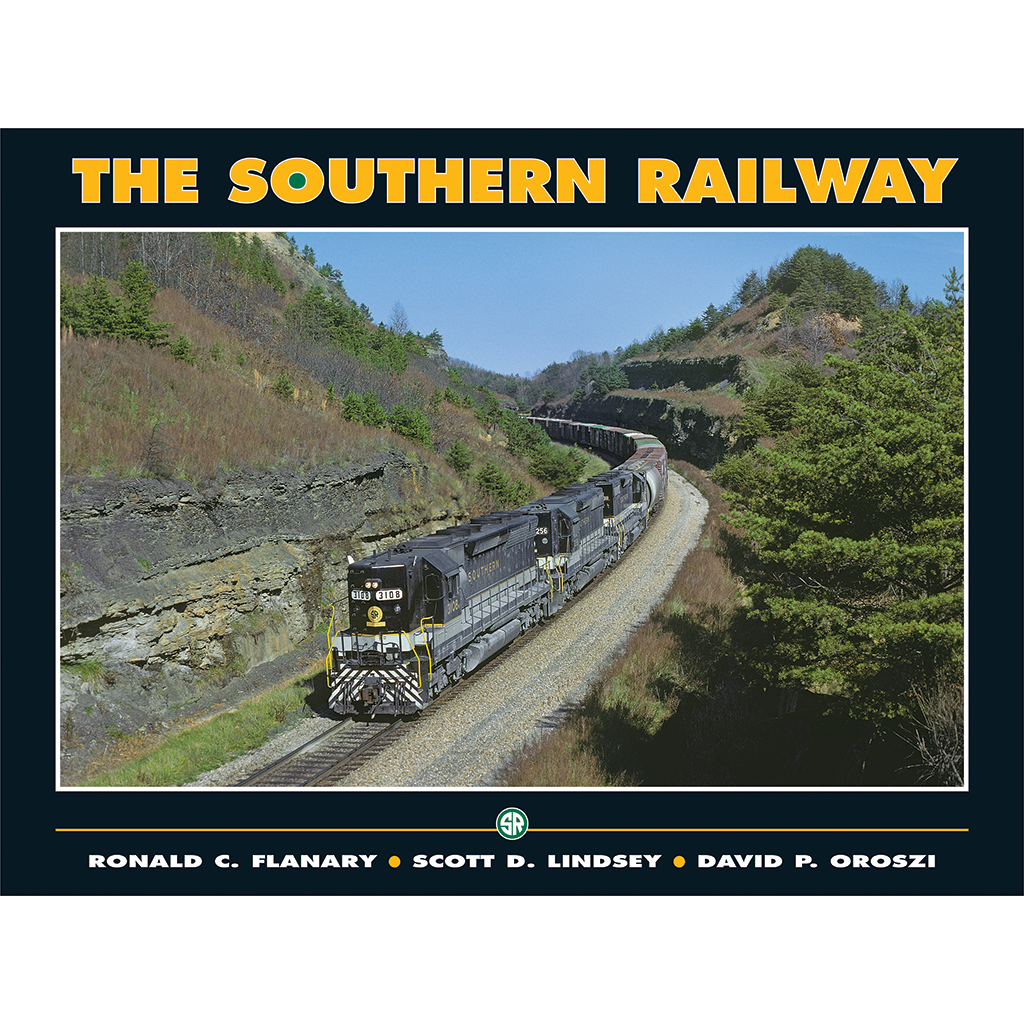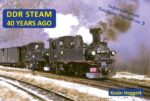Description
There was a time, particularly during the 1970s, when virtually every railroad enthusiast was, in some manner, a Southern Railway fan. The cause for such notoriety was the Southern’s long-running steam excursions, a program that began in 1966 and was eventually discontinued by successor Norfolk Southern in 1994.
As spectacular and successful as the steam program was, it did not adequately touch on the extraordinary success of the Southern as a railroad system. The company that gave a “Green Light to Innovations” was always at the forefront of the US railroad industry by virtually any metric one could use. Rather than being remembered for its grand, green and gold-striped Ps-4 Pacific types, Saluda Grade, or the streamlined Southerner of 1941, it was the “modern” Southern that commanded respect. Southern was an early convert to diesel-electric traction. The company’s management led the way into the 1960s with remote midtrain, mechanized track gangs, welded rail, and a fleet of specialized freight cars to handle all types of commodities and finished goods. There was also one of the earliest computer-driven car location systems, a virtually spotless safety record, and ground-breaking regulatory accomplishments that proved to be precursors to today’s largely unregulated industry. Today’s railroad industry is now largely free from the archaic constraints that kept it from being fully competitive with other forms of transportation, thanks in large part to Southern’s innovations.
This book, the combined efforts of 75 photographers plus input from some of the leading historians of the railroad that “Served the South,” is a division-by-division visual tour of the work-a-day Southern. This 256-page volume, with 380 outstanding color images, and 12 detailed maps, is the most comprehensive visual history of the modern Southern ever published. Chapter introductions provide context to better understand each geographic region’s traffic base, its lines and terminals, and of course its trains. It’s all here as well, from first class freights with nearly 200 cars and midtrain power, plus the Southern Crescent, on down to the most lowly of yard switchers, local freights and mine runs. And of note is the foreword written by Wick Moorman, who started his distinguished railroad career with the Southern.





